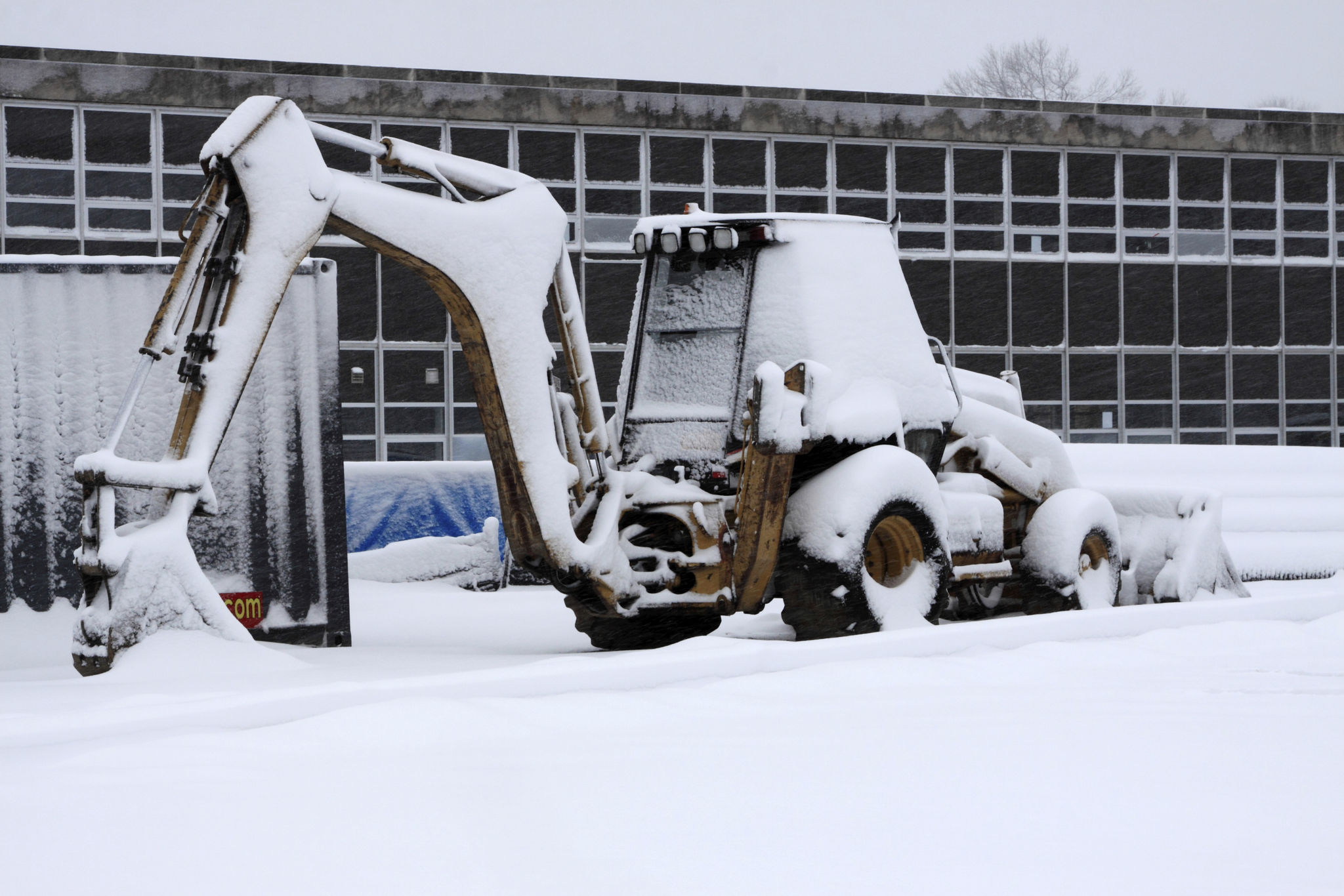Seasonal Maintenance Tips for Industrial Machinery: Insights from Dalton's Experts
Understanding the Importance of Seasonal Maintenance
Industrial machinery is the backbone of many operations, and maintaining it is crucial for ensuring efficiency and longevity. As temperatures and conditions change with the seasons, so do the demands placed on this equipment. Proper seasonal maintenance not only helps in preventing unexpected breakdowns but also optimizes performance. The experts at Dalton emphasize the need for a strategic approach to seasonal upkeep.

Spring: Embrace the Renewal
As winter gives way to spring, it's the perfect time to inspect and refresh your machinery. Begin by performing a thorough cleaning to remove any debris or buildup accumulated during the colder months. This is also an excellent opportunity to inspect belts, hoses, and seals for any signs of wear and tear. Replacing these components proactively can save significant downtime later on.
Spring maintenance should also include lubricating moving parts. The fluctuating temperatures of winter may have affected the viscosity of lubricants, so ensure you use the right type for your machinery's requirements. Additionally, consider recalibrating any precision equipment to account for potential shifts caused by seasonal changes.
Summer: Managing Heat Stress
With summer comes increased temperatures, which can add stress to industrial machinery. It's essential to check cooling systems, including fans and vents, to ensure they are clean and functioning properly. Overheating can lead to significant damage, so don't underestimate the importance of these checks.

Summer is also an ideal time to review your machinery's alignment. Heat expansion can cause misalignment, leading to inefficient operation and potential mechanical failure. Regular checks and adjustments can maintain optimal performance and extend the life of your equipment.
Fall: Preparing for Winter
As autumn approaches, it's time to prepare your industrial machinery for the colder months ahead. Begin by conducting a comprehensive inspection of all components, focusing on areas that may become brittle or less flexible in cold conditions. Protecting these components with appropriate covers or insulation can prevent damage.
It's also wise to assess your machinery's fluid levels and replace or top them off as necessary. Fluids can thicken in cooler temperatures, affecting machinery performance. Using lower viscosity oils or antifreeze solutions can help mitigate these issues.

Winter: Ensuring Reliability
During winter, keep a close eye on battery health, as cold temperatures can decrease their efficiency. Regularly testing battery charge levels and ensuring connections are clean and secure will help maintain reliability.
Additionally, always warm up machinery before use in cold conditions. Allowing equipment to reach operating temperature gradually reduces wear and tear on components and ensures smooth operation. Implementing a routine start-up procedure can be beneficial.
The Role of Regular Inspections
Throughout the year, regular inspections are crucial. Establishing a consistent schedule for checking critical components like brakes, hydraulic systems, and electrical connections can prevent minor issues from escalating into major problems. Documenting these inspections helps track wear patterns and informs future maintenance planning.
Partnering with experts, such as those from Dalton, can provide invaluable insights and resources for your maintenance strategy. They offer tailored solutions and support that cater specifically to your machinery's unique needs.

Conclusion
Seasonal maintenance is not just a necessity but a strategic tool in maximizing industrial machinery efficiency and lifespan. By following these expert tips from Dalton, businesses can ensure their operations run smoothly year-round, reducing downtime and boosting productivity. Proactive care today prevents costly repairs tomorrow, safeguarding your investment for years to come.
